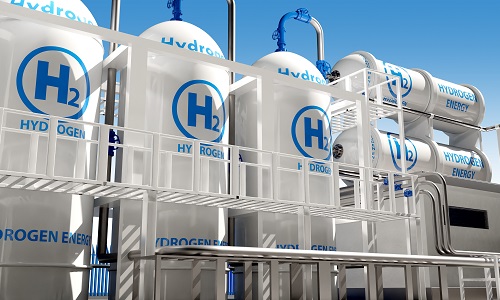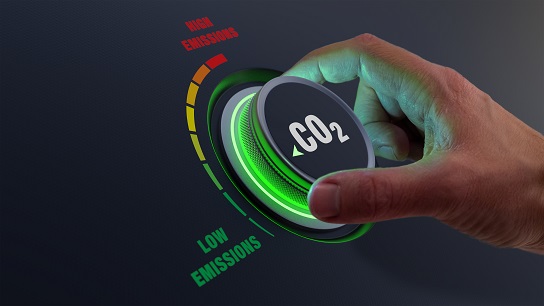The green energy transition and the adoption of circular economy strategies are both key to reducing carbon emissions and limiting global warming. There are currently many exciting developments in these new 'Green Technology' industries and we are finding that FCL's reputation and expertise in the following key areas is proving attractive to companies in this growing sector:


We look forward to hearing from you if you have a Green Technology project which might benefit from our involvement. You can contact us by following this link.
Case studies covering some of the projects undertaken by FCL for clients in the green technology area can be viewed by clicking on the links at the bottom of the page.
FAQs
Added November 2025.
Recent projects include a high temperature vessel design for chemical plastic recycling, and an industrial scale reactor vessel to produce materials used in the next generation of lithium-ion batteries.
Vessels in hydrogen service are included in the scope of the PED and must therefore conform to PED requirements through a conformity assessment process. This would typically involve a Notified Body to ensure that the design and manufacture of the hydrogen pressure vessel or system complies with the PED. FCL have substantial experience in preparing and presenting calculations and analysis to the required standard and, when necessary, will always defend our work at no extra cost to our client.
Pressure vessels in hydrogen service require careful material selection to reduce the risk of hydrogen induced stress cracking (HISC) and hydrogen embrittlement. Materials which offer good resistance to these effects include austenitic stainless steels, aluminum alloys, copper-based alloys and certain nickel-based alloys. Carbon-manganese and low alloy steels may also be used in some applications, but typically require refinement of the material microstructure via heat treatment and careful specification of welding techniques to limit hardness. Even with generally resistant materials, subtle differences in metallurgy can have a significant influence on the behaviour. As an example, recent experience with 316 stainless steel in high temperature servce has demonstrated that superior resistance to HISC and hydrogen embrittlement is achieved if additional material controls are imposed to guarantee a nickel content of greater than 12% (compared to the standard permitted range of 10% - 14%).
HISC (hydrogen induced stress cracking) is a type of mechanical failure where hydrogen atoms diffuse into a metal causing changes in the structure of the material. This influences properties such as strength and ductility causing flaws to propagate more easily through the material causing fractures.
HISC risks are addressed through a combination of appropriate material selection, specific welding methods and the addition of reinforcement to prevent areas of high tensile stress.
FCL provides turnkey support for green energy projects, offering a service including design substantiation and production of a complete set of fabrication drawings. This enables our clients to approach fabricators on a build-only basis and thereby 'bank' the associated cost and time savings realised versus adoption of the conventional design & build approach.
FCL is unable to offer assistance on the process technology adopted in electrolysers, but is entirely capable of developing the design of the required pressurised containment. FCL also has significant experience in mitigating the risks associated with hydrogen service.